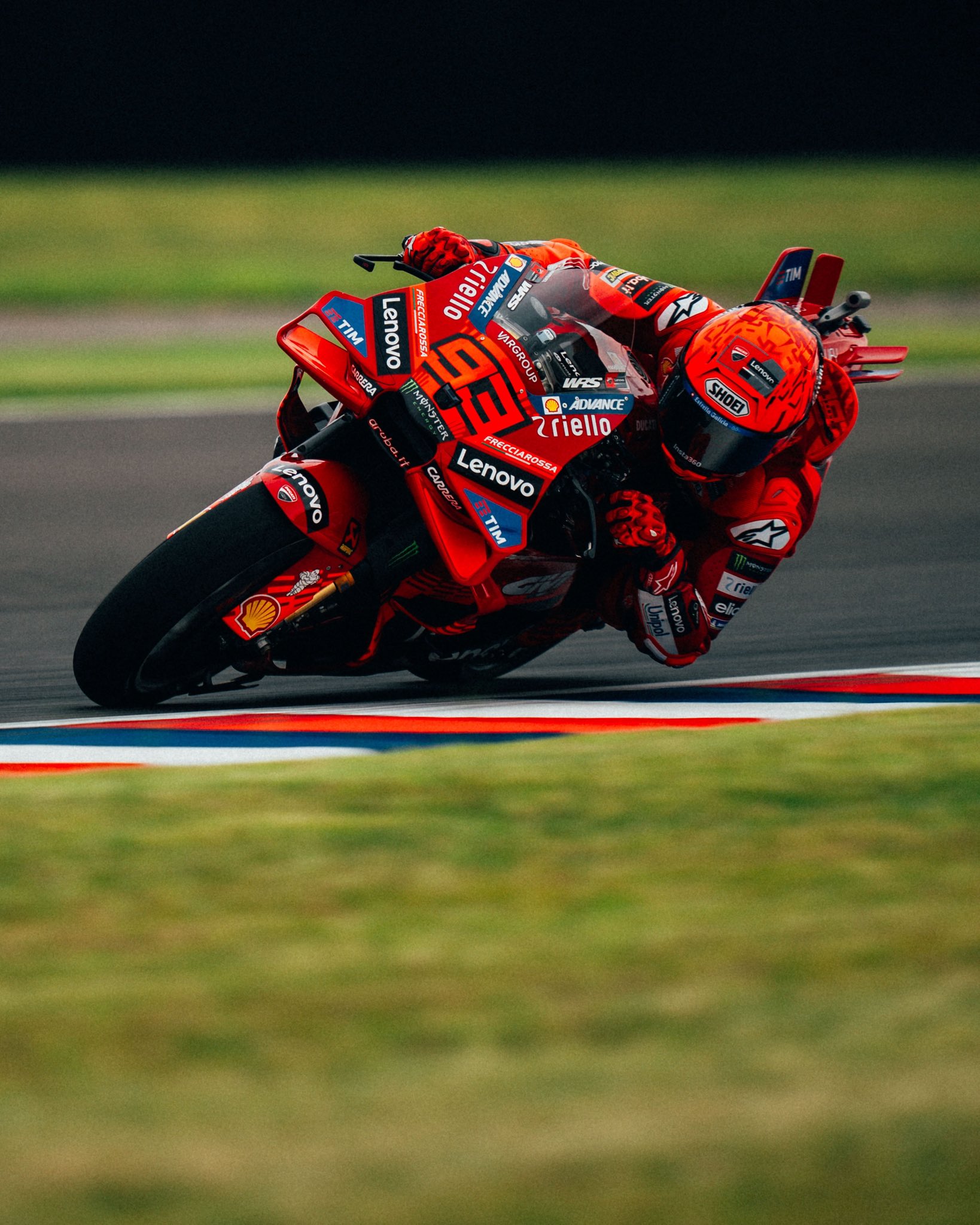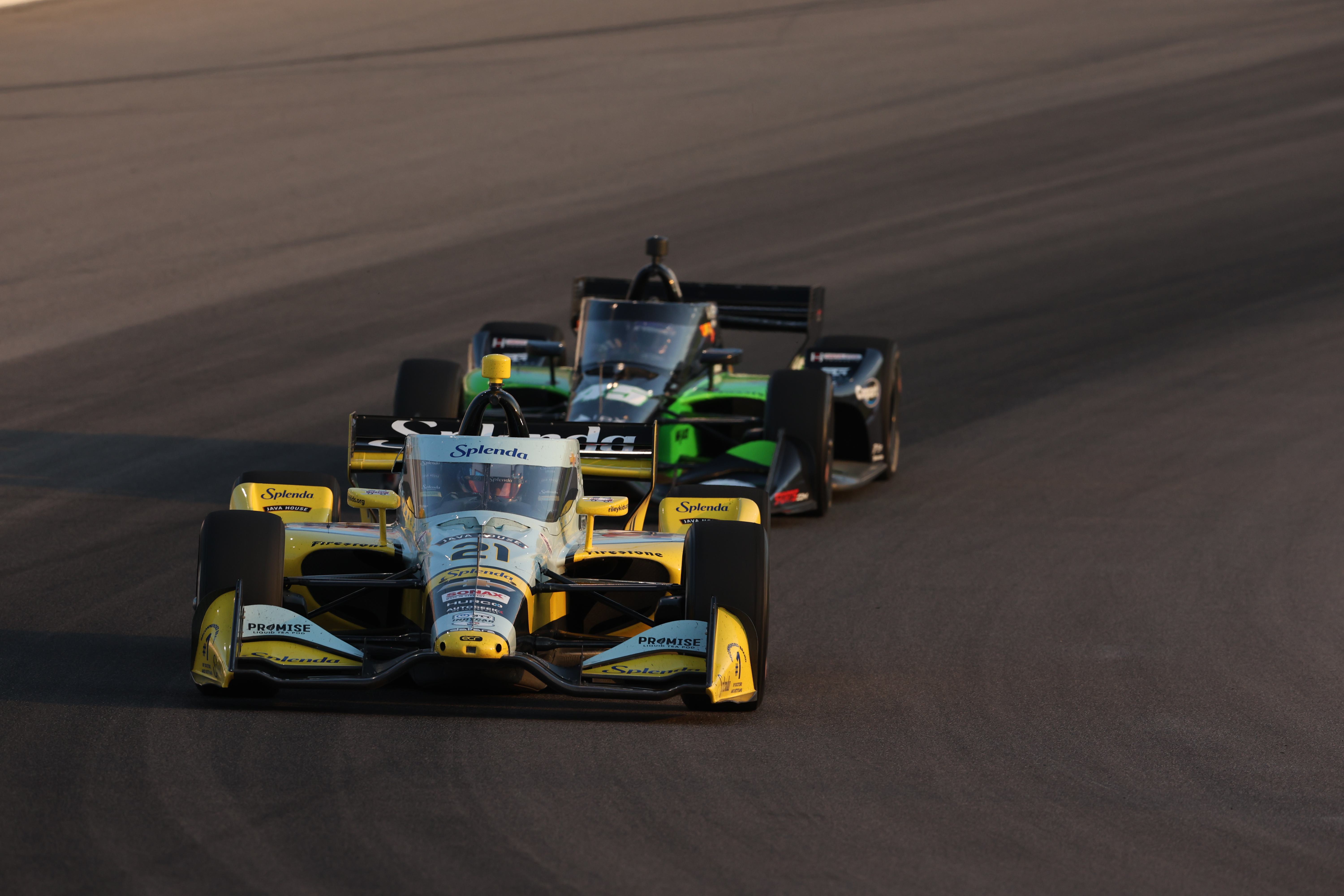The Tale of Limited Opportunities for F2 Champions (And How to Fix It)
- Gabriel Tsui

- Jan 29, 2024
- 4 min read
Updated: Jan 5, 2025
Written by Gabriel Tsui, Edited by Meghana Sree
After seven years of the Formula 2 experiment, most would say it has been an incredible success so far. Formula 2 has produced some of the best drivers on the current Formula 1 grid, such as Charles Leclerc, George Russell, and Oscar Piastri. On the other hand, however, winning the F2 Championship does not always guarantee an F1 seat.
In a podcast episode with ‘Pitstop’, 2023 F2 champion Theo Pourchaire raised the issue of the past three F2 champions not being promoted immediately to F1, and still waiting for an opportunity. He believes that F2 champions can perform really well in F1, citing Piastri’s stellar rookie season, and Felipe Drugovich’s solid performances during practice sessions.
Past F2 champions such as Drugovich and the reigning champion Pourchaire were denied a seat in F1, even after proving themselves more than capable of one.
Unlike other motorsport series, after winning the title, a driver cannot return to F2 for any more seasons. This further restricts their ability to compete at the highest levels of racing, if they aren’t given a crack at F1. Most serve backup roles for F1 teams immediately after graduating from F2, or choose to explore other opportunities in different series such as WEC, Formula E, or INDYCAR.
A lot of potential that could perform well in F1 is therefore not utilised, and too many talented drivers are left waiting in the wings for an indeterminable period of time.
The FIA needs to find solutions for this problem, not only for the benefit of drivers, but for the overall betterment and competitiveness of the sport. Here are a few proposals for the FIA.
Option 1: An 11th Team Only for F2 Champions.
One way to solve this problem is to start an 11th team solely for F2 champions. After winning the F2, the driver will be allowed to join this team and will be promised two years in the seat with no threat of being replaced. This plan allows the driver to get experience in an F1 car, showcase their abilities, then see if any other F1 teams are willing to sign them on.
However, this plan is quite premature, as there are a lot of details to be ironed out, such as who will run the team or who will sponsor it. Nevertheless, it is one of the more direct solutions to the problem.
Option 2: Allow F2 Champions to Return to F2
An often mentioned issue with F2 is that champions are forced to leave the series. There are close to no open-wheel racing series that match the level of F2, which is a blow to these drivers given their choices are limited to either being backups or exploring non-open-wheel racing opportunities.
That’s why allowing F2 Champions to return to F2 in the following years could be beneficial to these drivers trying to extend the chances of reaching F1. This will allow them to continue participating in high-level competitive open-wheel racing, and also showcase their skills to F1 teams.
However, there are issues to this system as well. In the W series, after winning the first championship, Jamie Chadwick was expected to leave and compete in higher levels of racing. However, Chadwick decided to return to the W Series, and dominated the series until it went into foreclosure.
To avoid similar issues, this proposal stresses that F2 Champions will only have two years of eligibility, which is enough time to prove that they are bonafide champions to F1 teams without standing in the way of younger drivers for too long.
Option 3: Financial Incentives for Selecting F2 Champions
As much as people would like to disagree with the following statement, Formula One is all about money. Teams go where the money is. Big teams such as Red Bull, Ferrari, Mercedes, and McLaren are more financially stable, therefore not having to choose pay-drivers over talent, leading to more success.
However, smaller teams such as Sauber, Williams, and Haas are motivated to choose money over talent because they need the cash, as they don’t have big-time corporation support nor billionaire sponsors who can throw money at any problem that crops up. This leads to these teams choosing underwhelming talent with solid financial support over true champions with skills and huge potential.
That is why teams such as Haas and Williams chose Mazepin, Latifi, Stroll and so many other similar pay-drivers.
Therefore, creating financial incentives for selecting F2 Champions may well be the thing that tips the balance in favour of the F2 Champions.
Now, you might ask: “What type of financial incentives will persuade teams to look more favourably towards talent instead of pay-drivers?” Bonuses up to tens of millions of dollars, salary of the driver partly/fully paid by the FIA/FOM, and millions of dollars in extra cost cap space which lasts for years to come, should they keep the driver, are just a few suggestions.
These “solutions” aren’t perfect. They each have their own complications that need to be reviewed and resolved. However, I believe people would agree that the F2 Champions must be given a chance to shine in F1, instead being pushed aside into other series or given the name of a backup driver. Opportunities are hard to come by for these drivers, and it is time to give them more.













Comments